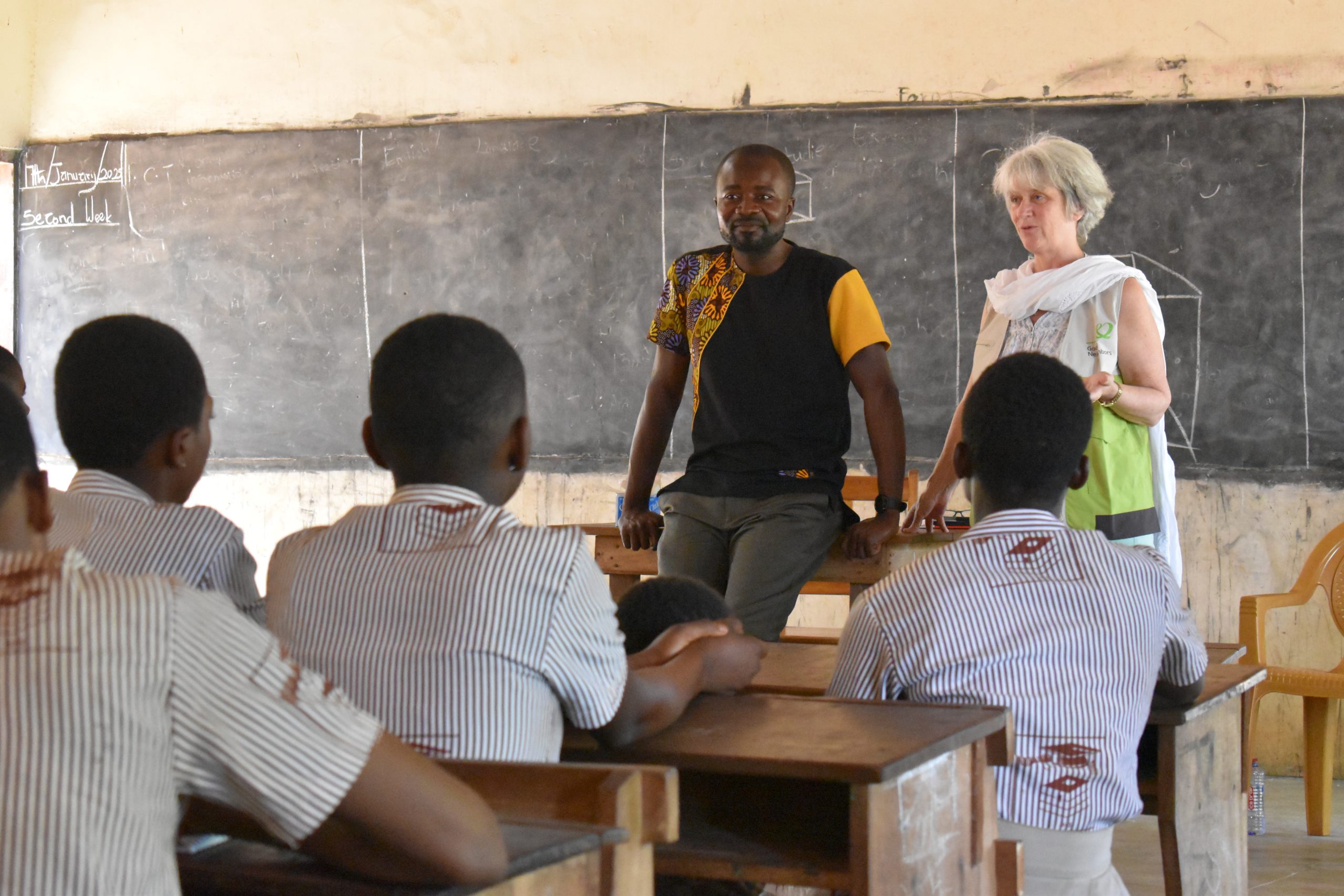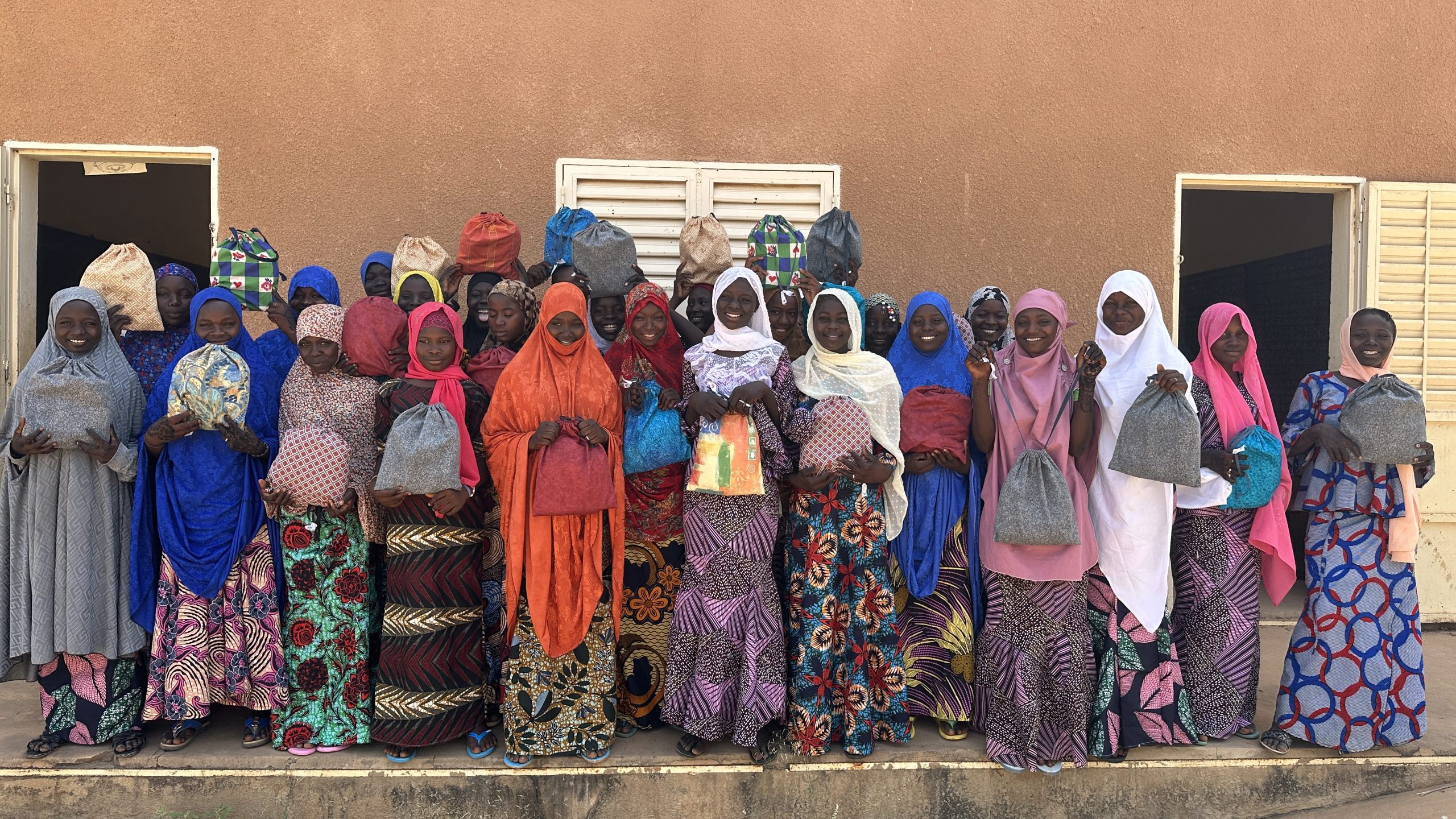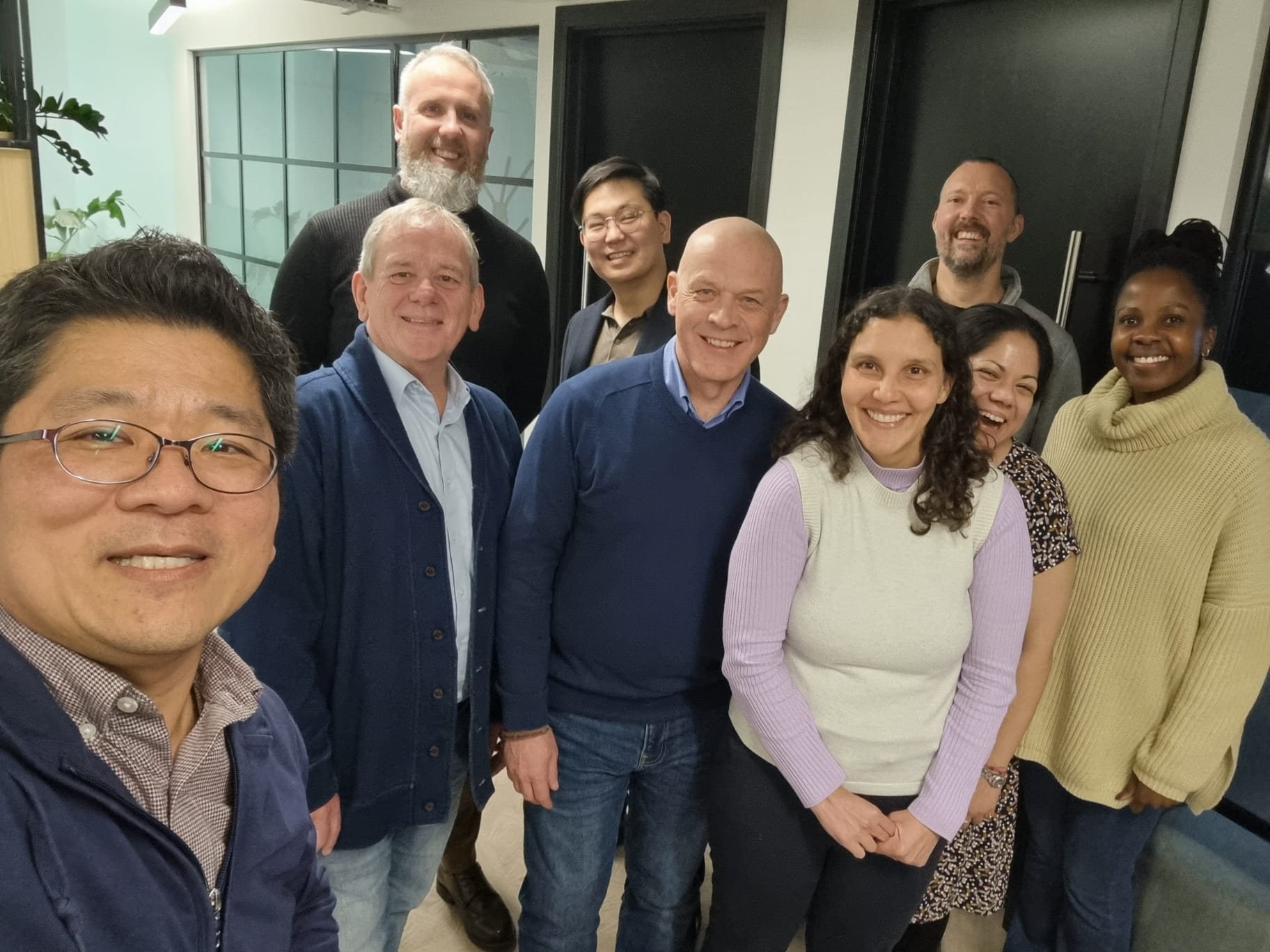

“Sustainable Equitable Development is not possible without women and other marginalised groups at the table, from the beginning”
Each year on March 8th, International Women’s Day serves as a reminder of both the progress made and the challenges that remain in achieving gender equality. What began as a workers’ rights movement in the early 20th century has evolved into a global event that honours women’s achievements, highlights persistent inequalities, and calls for action. While the day is often filled with celebratory messages, panels, and inspiring stories, many reflect on the real, systemic barriers that still prevent women from fully participating in society—whether it’s a lack of affordable childcare, gender pay gaps, or the underrepresentation of women in leadership.
“…ensuring access to safe and hygienic menstrual management facilities is crucial to keeping girls in school and enabling them to reach their full potential.”

In the Kyrgyz Republic, menstruation remains a taboo subject, leading to misinformation and inadequate menstrual hygiene management (MHM) among adolescent girls. To address this issue, we initiated a project aimed at improving MHM and fostering open communication between mothers and daughters.
Research underscores that access to proper sanitation and menstrual education directly improves school attendance and participation rates. The project involved constructing improved sanitation facilities in schools across four villages, benefiting 773 students. 40 teachers then received training to conduct informational campaigns on MHM for female students. Workshops were organised for mothers, educating them on the importance of feminine hygiene and encouraging them to support their daughters during menstruation. This initiative not only improved sanitary conditions but also empowered women and girls with the knowledge and confidence to manage their menstrual health – reducing absenteeism and enhancing educational outcomes.
“Adolescent pregnancy often condemns young girls to a cycle of poverty, limiting their future opportunities and exposing them to severe health risks. Education and access to reproductive health services are critical in breaking this cycle.”
Dr. Natalia Kanem, Executive Director of UNFPA (UNFPA)

In Ghana, Good Neighbours UK (GNUK) partnered with Good Neighbours Ghana and the University of Manchester to investigate the causes of teenage pregnancy in Akatsi North, a district with some of the highest adolescent pregnancy rates in the Volta region. Funded by the International Science Partnerships Fund, the research sought to develop community-led interventions to tackle this issue. As part of the initiative, child clubs were established in eight secondary schools, educating 200 students on sexual and reproductive health through mentorship and peer learning. The project, titled ‘Effect of Social Engagements (Child Clubs, Mentoring) on the Reduction of Teenage Pregnancy in Ghana’, will continue until March 2025.
The study found that peer pressure, parental neglect, and limited access to accurate reproductive health information were key drivers of early pregnancy in the district. Based on these findings, interventions were developed to provide comprehensive sexual and reproductive health education, increase community engagement, and strengthen parental involvement. These efforts aim to reduce teenage pregnancy rates, keep more girls in school, and support their long-term aspirations by equipping them with the knowledge and confidence to make informed choices about their future.
“If girls and women do not have access to adequate healthcare, education, and economic opportunities, we are failing half of humanity.”
Phumzile Mlambo-Ngcuka, former head of UN Women. (UN Women)

Niger faces some of the highest maternal and child mortality rates globally, exacerbated by limited access to healthcare services and prevalent diseases such as malaria. With support from the Guernsey Overseas Aid & Development Commission, we are implementing a project to improve maternal and newborn health in the Kollo Department.
This initiative includes expanding the maternity ward of the Hamdallaye Integrated Health Centre, increasing the number of midwives, and providing comprehensive training to healthcare staff. Additionally, a targeted malaria campaign is being launched, focusing on screening and treating children under five and distributing mosquito nets to protect families. To encourage facility-based births and prenatal care, 20 volunteer mothers are being trained to deliver basic prenatal care and raise awareness about the benefits of professional healthcare services within their communities. These combined efforts aim to create a safer environment for mothers and children, significantly reducing mortality and improving the quality of life in the region.
Research confirms that increasing access to trained midwives and antenatal care is one of the most effective ways to lower maternal and infant mortality. A study in sub-Saharan Africa found that the presence of skilled birth attendants reduced neonatal deaths by nearly 40%. Moreover, community-led health education programmes have been shown to increase facility-based births significantly.
Projects such as these demonstrate our unwavering commitment to improving the quality of life for women and girls globally. By addressing critical issues in health and education, we strive to empower women, protect the rights of girls, and ensure they have the opportunity to reach their full potential.





Copyright © 2025 Good Neighbours UK
Good Neighbours UK is a registered charity in England & Wales (No. 1191924) and a company limited by guarantee (No. 12118933)
Address: Priory Street Centre, 17 Priory Street, York, YO1 6ET
Disclaimer | Cookies | Privacy | Whistleblowing | Safeguarding